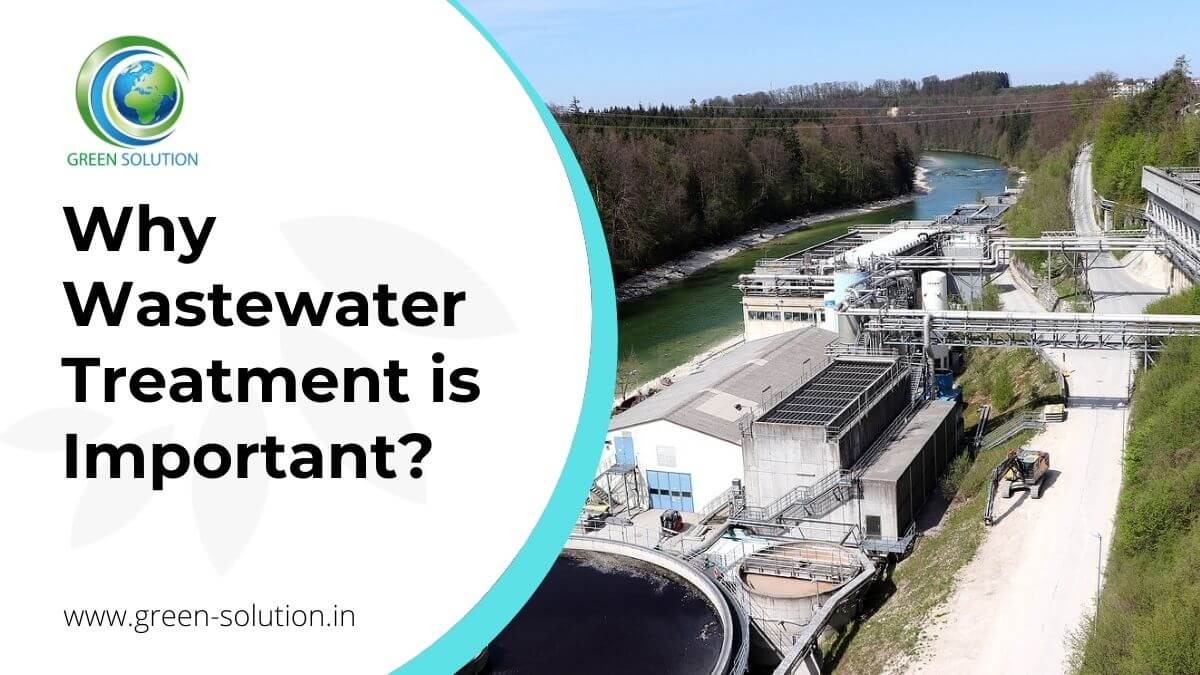Some Known Factual Statements About Reclaim Waste
How Reclaim Waste can Save You Time, Stress, and Money.
Table of ContentsGetting The Reclaim Waste To WorkThe Facts About Reclaim Waste RevealedOur Reclaim Waste StatementsThe Facts About Reclaim Waste UncoveredUnknown Facts About Reclaim Waste
Via proper liquid waste monitoring, firms can reduce energy-intensive treatment procedures and disposal expenses. By adhering to a system for taking care of fluid waste, firms can stay clear of costly fines and penalties and stay clear of negative publicity.(https://disqus.com/by/reclaimwaste1/about/)Accumulate depictive samples from various points within the waste stream to guarantee accuracy. Fluid waste, especially harmful ones, poses considerable threats during this step.

Disinfection (e.g., chlorination, ultraviolet light, ozonation) and nutrient elimination (e.g., denitrification and phosphorus obliteration) are advised under rigid guidelines. Various firms went against a number of liquid waste disposal regulations in recent years.
3 Simple Techniques For Reclaim Waste

are made use of by markets that create huge volumes of low-toxicity fluid waste. Shallow containers include fluid waste that is allowed to evaporate through all-natural procedures. The deposit left can be dealt with in garbage dumps. includes shedding liquid waste at high temperature levels and transforming it into gas and ash. This type of disposal undergoes rigorous environmental policies as a result of potentially hazardous exhausts.
The findings should be documented, analyzed, and stored not just for entry to governing authorities but likewise for making improvements in the future. Use reputable equipment, techniques, and software program services to make sure exact and regular information collection. Stay upgraded on pertinent ecological regulations and market criteria. Share information with relevant stakeholders (e.g., staff members, regulatory government firms, and nearby communities) to preserve transparency and responsibility.
Understanding these can help them successfully manage their operations and lessen their ecological effect. Companies that can't invest in centers must consider collaborating with the public industry for better remedies.
Reclaim Waste for Beginners
By executing comprehensive monitoring systems that include treatment and recycling strategies, routine tracking, risk assessments, and adherence to neighborhood and government policies, industrial centers can add to the defense of groundwater materials, guaranteeing pop over to this site their availability for future generations (liquid waste disposal). Allow's dig right into the value of efficient fluid waste management in the industrial sector, focusing on its implications for safeguarding groundwater resources
The contamination of groundwater sources as a result of incorrect liquid waste management in the commercial market has significant repercussions for human health and wellness, farming, and the environment overall. Several of the possible effects brought on by such air pollution include: Contaminated Alcohol consumption Water Materials: As groundwater supplies a substantial part of our drinking water, air pollution from commercial tasks can bring about harmful chemicals and microorganisms entering our water systems, posing wellness dangers for humans.
Reduced Agricultural Performance: Agriculture relies greatly on groundwater for irrigation; for that reason, contaminated water can prevent plant yields, contaminate agricultural items, and affect food security. Provided the significance of protecting groundwater sources, it is critical for organizations to take a proactive stance in managing their liquid waste properly and stopping pollution.
The Basic Principles Of Reclaim Waste
Fluid waste can infect land and pollute waters. Under the Protection of the Environment Operations Act 1997, businesses that produce liquid waste are called for to manage it in a manner that shields the atmosphere and the community. Information about managing and saving liquid waste, reacting to spills and reducing fluid waste is readily available in the adhering to fact sheets and guidance:.
Water, the essence of life, is under consistent risk from contamination. The duty of waste management specialists in securing this valuable source can not be overstated. Their solutions consist of: Septic system and grease trap cleaning: Essential for stopping damaging contaminants from entering our water systems. Contaminated water and polluted effluent administration: Making sure that unsafe fluids are securely removed and dealt with prior to they can damage our water sources.
Hence, integrating lasting fluid waste management into financial preparation enhances economic security and safeguards the environment, showing the value of this approach. In final thought, embracing expert fluid waste management methods is important for ensuring a lasting future, safeguarding our setting and protecting the wellness of future generations.
When it pertains to disposing of waste, sticking to correct treatments is crucial for a wide range of reasons. Correct waste disposal is not almost tidiness; it has to do with making certain the health of our setting, wellness, and the effective use of resources. Recognizing the importance of efficient waste monitoring can help all of us contribute to a healthier, cleaner earth.
What Does Reclaim Waste Mean?
Reliable waste management assists preserve clean roads and public areas, lowering the visual effect of clutter and ensuring that waste does not hurt wild animals. When waste is not disposed of appropriately, it can lead to air pollution, where harmful compounds can seep into the soil, water systems, and the air, producing lasting environmental problems.